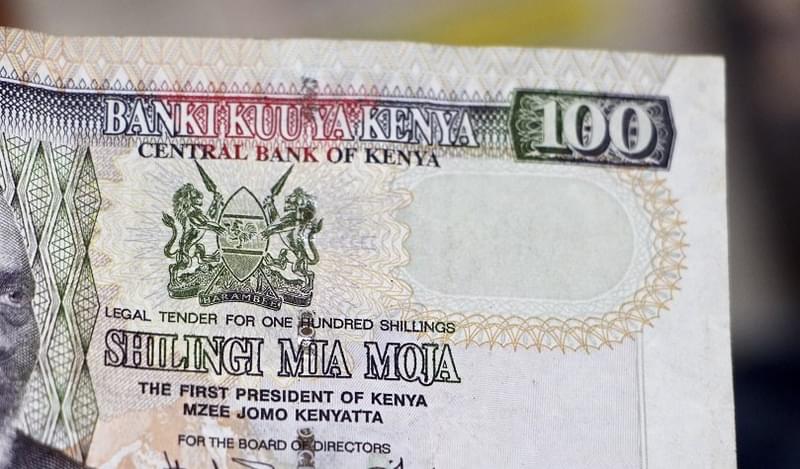How would you characterise the performance of Kenya’s banking sector over the past year? What are the major concerns or contingencies there?
Key issues that have affected Kenya’s banking sector include tightening liquidity in 3Q15 that resulted in rising NPLs, due to a government cash crunch last year. Additionally, banks’ noted compressed NIMs as they had to secure deposits at high rates therefore raising the cost of funds.
FY15 Bottom line growth was slower than its FY13 and FY14 due to increased loan loss provisions, compressed NIMs and hits taken on some of the bonds that were Held-to-maturity in the banks’ books. Additionally, banks that have operations in South Sudan also had significant write-offs following South Sudan’s shift to a floating rate currency.
With stronger regulation on the horizon, how will capital markets activity likely be affected?
Stronger regulation will definitely have positive impact in the long run as investor confidence will be boosted by increased scrutiny of numbers by the relevant regulatory authorities, be it sector specific authorities or the capital market authority in general.
There is a strong focus on corporate governance in the country. There is a need for Kenyan public companies to adhere to international standards of transparency as is required of a listed company. In the short term, if there were companies with sub-par reporting frameworks, they’ll have a bit of teething problems as they work on improving their transparency but overall, stronger regulation is very much welcome.
Consolidation in the banking sector seems to be in the offing, particularly if new capital adequacy rules are introduced in Kenya. What can you say about the trajectory or speed of consolidation on the horizon?
At the moment, Chase Bank that was recently put under statutory management appears to be the only acquisition target at the moment. The possibility of mergers and acquisitions still remains hazy because aside from the Tier I and II space, with Tier III and IV banks are comfortable remaining as boutique banks serving niche markets -some serving as community banks. We therefore may not see any consolidations other than Chase bank in 2016, unless a legislation is passed to increase the statutory capital adequacy requirements.
The country’s bond market is very young, and most borrowers tend to gravitate towards bank lending or microfinancing solutions. Do banks have an incentive, given weaker deposits, to start encouraging borrowing via bonds in place of traditional loans?
We actually have not seen banks actively encourage borrowings via bonds in the Kenyan market, in part because the bulk of institutional borrowers are SMEs, which tend to shy away from the bond market. We have noted that institutional borrowers tend to gravitate naturally towards traditional loans for debt financing due to the relationship created between banks and their clients, and the option of refinancing and the flexibility of interest payment extensions (as was seen in the second half of 2015) that would not typically be so for bond issuances.
Rather than limit their asset growth by encouraging bond issuances, we’ve seen banks seek to aggressively expand their liability base through securing Tier II capital and trying to grow their deposits. This is part of the reason why we have seen the likes of Equity Bank enter the telco space, with its mobile virtual network operator (MVNO) presenting itself as a direct competitor to Safaricom’s MPESA, as well as the Kenya Bankers’ Association recently launching an interbank Switch as an avenue to mobilize deposits.









